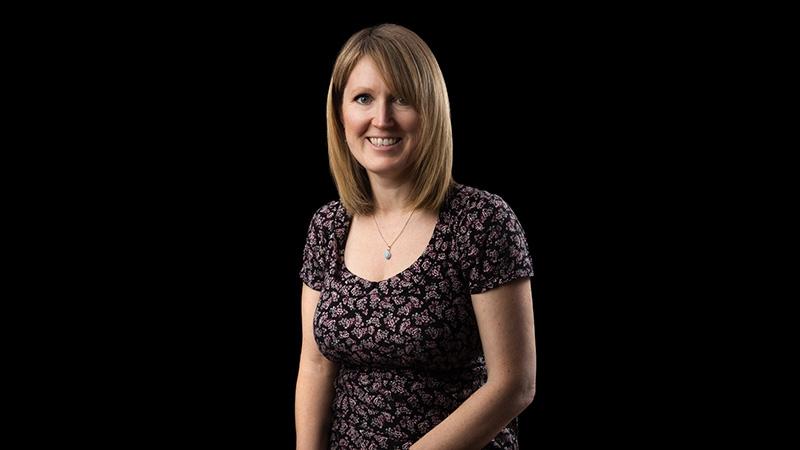Professor Catherine Loveday, Professor on the Cognitive and Clinical Neuroscience BSc course, was quoted in an article by BBC’s Bring the Noise about the how we attach music to our memories.

In the article, Professor Loveday commented on the reminiscence bump, a psychological phenomenon where the music we listen to during our teens and early twenties has greater lasting impact on our memory than songs in later life.
She said: “Music is one of the most fundamental ways that we can express our emotions.”
Professor Loveday explained that when people listen to their favourite music, it has a fundamental effect on the brain. There is a surge of activity in the reward pathways, which increases the levels of oxytocin and dopamine in the brain – these are the same pathways triggered when we do anything pleasurable like dancing or eating.
She added: “There is evidence that structural elements of music get physically tied to our autobiographical memories. Musical reminiscence bump is so powerful because we attach music to particularly emotional times.
She said that: “One of the most powerful reasons why people choose a song is because it reminds us of a person”. She noted that guests who appear on the BBC Desert Island Discs programme often choose a piece of music for this exact reason.


